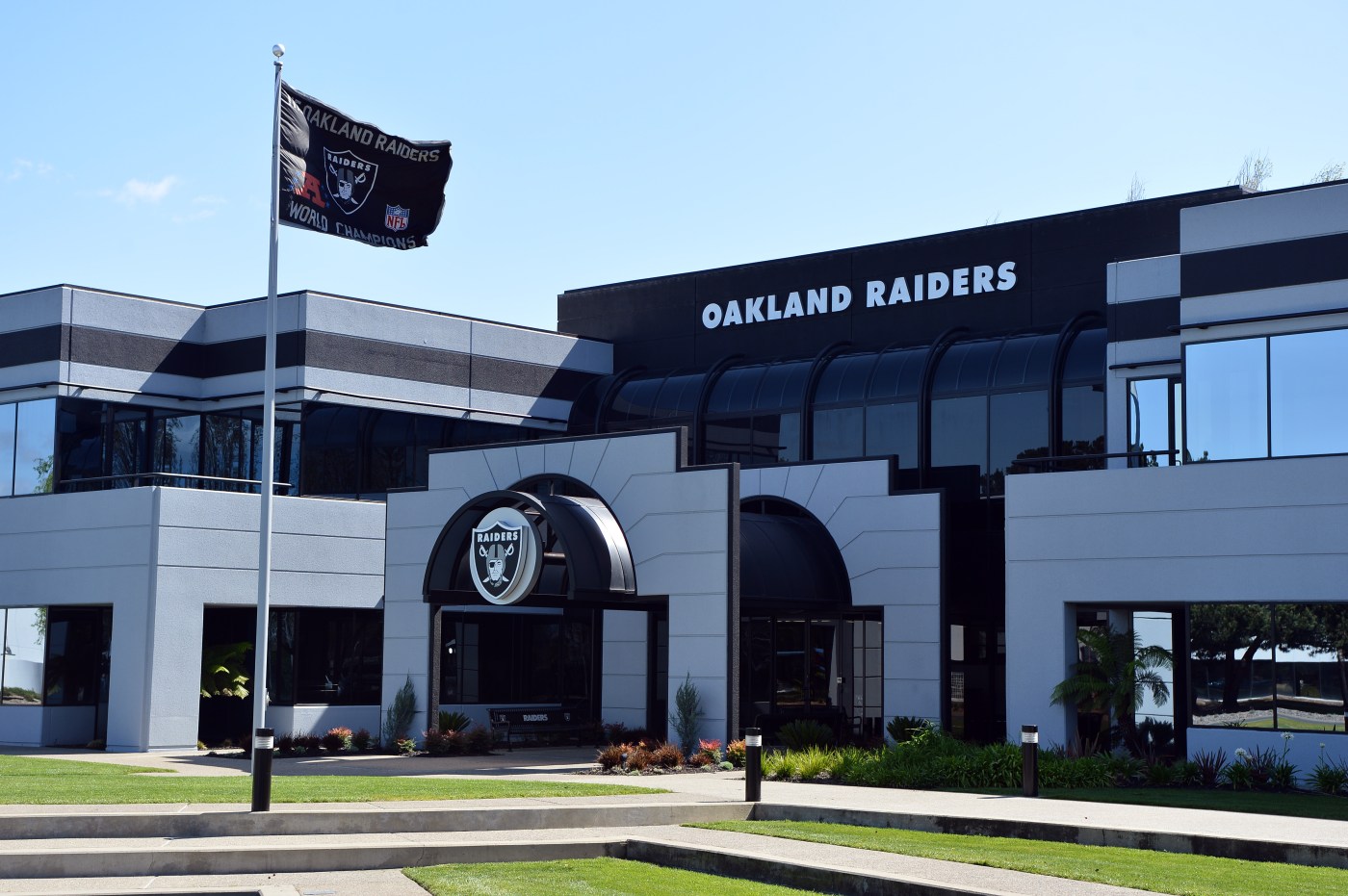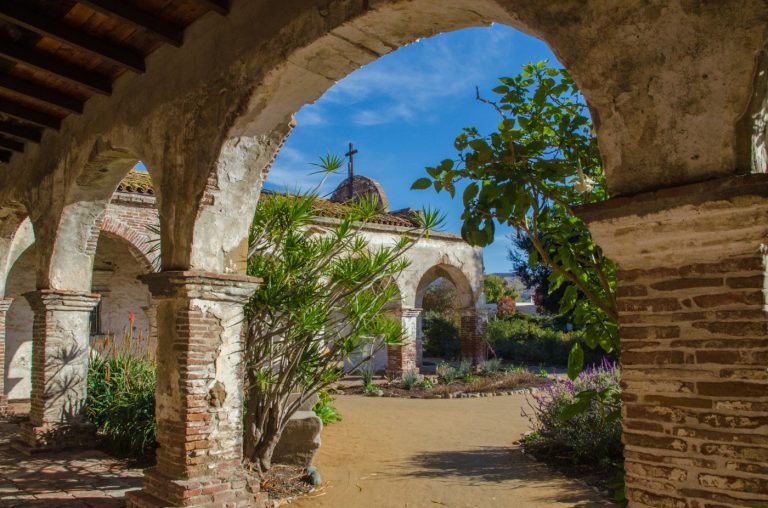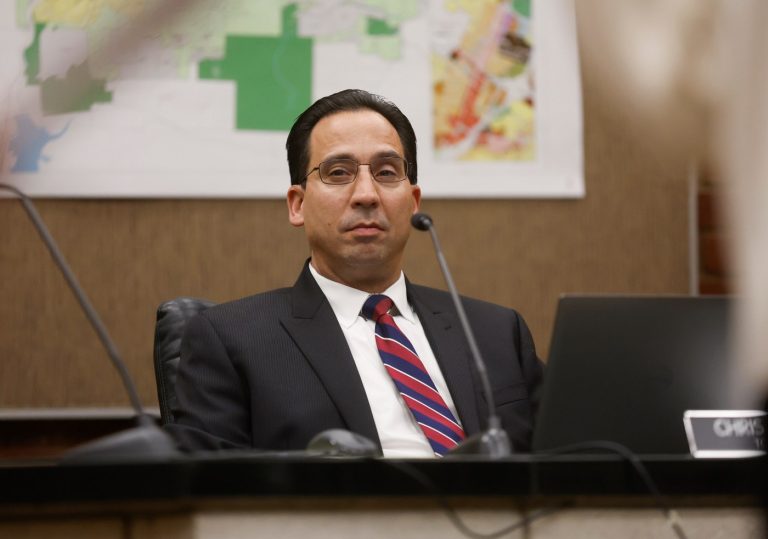After months of back-and-forth negotiations with Alameda County went nowhere, Oakland officials have proposed spending a combined $20 million to buy the county’s ownership shares in two notable pieces of East Bay real estate — both with ties to professional sports.
For years, the city and the county have co-owned the former Raiders practice site, which houses an athletics facility and multiple soccer fields in Alameda, as well as the Malibu property, a giant parking lot adjacent to the Coliseum in East Oakland.
It is an arrangement that both sides agree has often been awkward, particularly when negotiating with sports franchises who want to use one of the sites — most recently, Oakland Roots SC, a popular minor-league soccer club.
Now the city is proposing to buy the county’s half-ownership share of the old Raiders site for $12 million, and its equal share of the Malibu lot for $8.7 million. The acquisition plans will go before the City Council on April 30.
Precise details of the sale still need to be worked out, but if successful it would keep the fast-growing Roots franchise — plus a companion women’s team, the Soul — anchored in and around Oakland.
The proposed move comes as jilted fans are still feeling the sting of the A’s leaving for Sacramento en route to Las Vegas, signaling the end of major pro sports in Oakland.
Currently, the Roots train in the old Raiders compound at 1150 Harbor Bay Parkway in Alameda. Earlier this year, San Francisco real estate firm Prologis offered to buy the entire 16-acre property for $24 million and lease it to both the Roots and the Soul, which had its inaugural season last year.
The Roots and Soul also hope to build a temporary, 10,000-seat modular stadium on the 8.8-acre Malibu lot. While it’s being built, the teams next year will begin playing nearby, in the concrete ballpark that houses the departing A’s. It will mark the Roots’ return to Oakland after two years in Hayward.
Oakland Roots Soccer Club President Lindsay Barenz at their training facility, which was the same for the Oakland Raiders in Alameda, Calif., on Wednesday, Dec. 14, 2022. (Ray Chavez/Bay Area News Group)
“We look forward to this coming to a conclusion as quickly as possible,” team President Lindsay Barenz said in a statement to this news organization supporting the city’s acquisition of the properties.
The journey to this point involved a number of convoluted twists and turns, demonstrating the tricky nature of two separate governments co-owning properties together.
Months of negotiations between the two entities and the Roots left the agencies in disagreement over how much the sites were worth.
The city also rejected previous offers by the county to simply swap the holdings, which would’ve kept the Malibu lot in the county’s hands while the city owned the Raiders compound.
“I guess initially when it was set up this way, there were merits and advantages,” Supervisor Nate Miley who chairs the county board, said in an interview. “I think over the course of the last 20 or 30 years, it’s been shown that both entities being in negotiations hasn’t served the public very well.
Discussions of a resolution appeared stuck Tuesday at a county supervisors’ meeting until Leigh Hanson, chief of staff to Mayor Sheng Thao, called in to propose the city outright buy both the county’s shares. The supervisors were mostly receptive.
Oakland is counting on revenue from the sale of the Raiders compound to help patch up a historic budget deficit that is threatening severe cuts to city departments — possibly even layoffs.
A rainy and somber view of the empty Coliseum in Oakland, Calif., on Thursday, April 4, 2024. (Ray Chavez/Bay Area News Group) Ray Chavez/Bay Area News Group
Perhaps the most complicated real-estate partnership between Oakland and Alameda County is their joint shares of the Coliseum property, which includes the stadium, arena and vast parking space in between.
The county sold its share of the complex to the A’s for $85 million in 2019, while the city more recently entered exclusive negotiations with a development group to sell its share for $115 million.
That firm, the African-American Sports and Entertainment Group, is currently in negotiations with the A’s to buy out their ownership share. Officials on both sides of those talks have declined to comment on the details, citing a non-disclosure agreement.
Both city and county officials have been supportive of a deal on that front, with Miley suggesting it would heal some of the “ill will” felt by the public toward the baseball franchise, which is set to leave Oakland next year.
The minor-league Roots, meanwhile, are competing in the U.S. Open Cup, a historic tournament where both major and minor teams participate.
After defeating El Farolito Soccer Club, a San Francisco team owned by the popular Bay Area burrito chain of the same name, the Roots’ next opponent on May 7 will be the San Jose Earthquakes — the major-league franchise owned by none other than John Fisher, who also owns the A’s.
“Even if we don’t come up with a win, just a ‘F– John Fisher or ‘sell the team’ chant would be sufficient,” said Jorge Leon, an A’s superfan who led fan activism efforts to keep the team from relocating. “But a ‘dub’ would be a cherry on top; it’d be amazing.”












